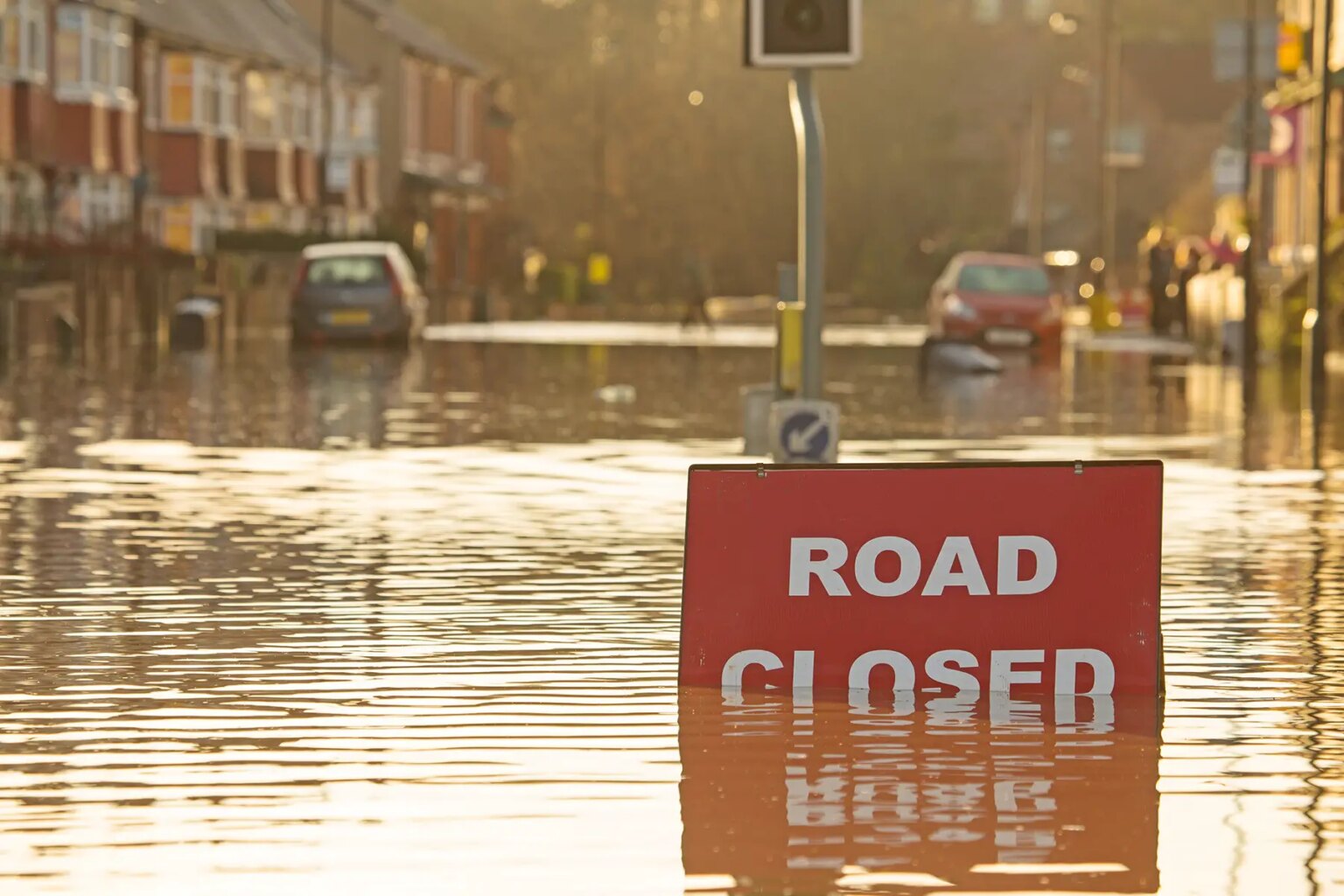The UK insurance industry is huge, to the point that a number of comparison websites exist where consumers can compare various insurance providers in areas such as UK healthcare or auto insurance.
Here, we take a look at the importance of each type of insurance and how you can ensure you and your family have the right cover. Sections include:
Lemonade
Think you know insurance? Think again. Lemonade brings insurance into the 21st century, letting you take out liability and contents coverage in minutes. On their easy-to-use English app, you’ll be able to buy and manage your cover from the comfort of your own phone. Protect your home and belongings instantly with Lemonade.
Overview of insurance in the UK
The UK has the biggest insurance market in Europe and the fourth largest in the world. The total value of insurance premiums in 2018 came to $336.5 million.
Insurance in the UK works similarly across the various different regions, with customers paying monthly or annual premiums in addition to an excess fee when they make a claim.
Two bodies perform regulation of the UK insurance industry:
- The Prudential Regulatory Authority (PRA), an arm of the Bank of England that ensures that insurers are financially capable of operating.
- The Financial Conduct Authority (FCA), which regulates the behavior and practice of insurance firms.
The Association of British Insurers (ABI) is the leading representative body of the UK insurance sector, with over 250 members.
According to recent statistics, there were 436 insurance companies in the UK in total in 2017. This was down from 673 in 2004. You can search our directory to see information on some of the main UK insurance companies.
Comparing insurance in the UK
When moving to a new country, finding the best insurance premiums for you and your situation can be challenging. That’s where comparison websites can help. It doesn’t matter whether you’re looking for car coverage, life insurance, or any other types of protection, these sites can help you find the right coverage for you. The UK has a number of easy-to-use platforms that compare the country’s biggest insurers. These include:
If you’re looking for more information on various policies and insurance providers, Which? provides reviews and insight into a range of UK insurance policies and premiums.
Which insurance in the UK is legally required?
Car insurance
If you’re driving, car insurance in the UK is compulsory. You’ll need to insure all vehicles used on the road or kept in public places, unless they’ve been declared ‘off the road’ if they’re not being used. Auto insurance is big business too, with literally hundreds of companies offering cover. Some of the UK’s biggest car insurance providers include:
Because of the vast amount of choice on the market, you should always shop around when buying or renewing your cover. You can do this using a comparison site, like Confused.com or MoneySuperMarket.
There are three types of car insurance cover in the UK:
- Third-party: The minimum legal level of cover. This type of policy doesn’t cover your costs if you cause an accident but does cover compensation for any other parties involved.
- Third-party, fire, and theft: This type of policy also includes cover if your vehicle is stolen or damaged by fire.
- Comprehensive: This type of cover varies between companies, but always includes cover if you damage your vehicle in an accident. Some companies also offer courtesy cars and round-the-clock roadside assistance, including towing if needed.
If you have a car but aren’t using it, you should apply for a SORN (Statutory Off Road Notification). Otherwise, you could face penalties, wheel clamping, or even prosecution through the courts.
Costs will depend on insurance type, driver profile, and vehicle value. In 2018, the average car insurance premium in the UK was £431 a year.
Car insurance policies usually come with an excess fee. For example, if your excess is £100, you’ll need to pay this when you make a claim. The UK also has a culture of offering no-claims discounts. This lets people who haven’t claimed on their insurance in a number of years get a substantial discount.
Home insurance
Homeowners do not have to purchase building insurance by law. However, it’s often a condition of a mortgage offer in the UK. This means you’ll need to get it when you buy a house in the UK. Landlords need to have building insurance to avoid breaking the law.
Buildings insurance covers any damage to the structure of your home and any permanent fixtures and fittings. Your policy will usually cover the cost of rebuilding or repairing your home, but won’t typically cover general wear and tear.
If you own a flat, the landlord will sometimes insure the building and include it in your service charge.
Buildings insurance isn’t usually prohibitively expensive. The average cost in the UK in 2018 was £163 per year. However, you will often need to pay an excess, as with other insurance products. If you’re not sure which provider to choose, it’s a good idea to assess your options with a comparison site such as Confused.com.
Social insurance
The UK has a social security system funded through compulsory National Insurance (NI) payments made by all workers – both employees and those self-employed – earning above a minimum threshold.
The current rate for NI payments is 12% of earnings over £166 a week for employees. Those earning over £962 a week pay an additional 2% on salary above this. Self-employed workers pay different rates.
NI payments in the UK go towards:
- Old-age UK pension
- Unemployment benefit
- Maternity benefit
- Bereavement support payment
Optional forms of insurance in the UK
Health insurance
The UK’s National Health Service (NHS) offers medical treatment to all residents, covering everything from doctor’s appointments to emergency surgery. The service is tax-based and not linked to insurance contributions.
However, resources can be tight and waiting lists are often long. Consequently, many people take out private health insurance schemes, which generally offer quicker access to specialists, better facilities, and shorter waiting times.
Private healthcare schemes come in all shapes and sizes, and how much they cost depend largely on your circumstances.
Some workplaces include private healthcare in their benefits packages. There are many large companies which provide health insurance plans in the UK, including expat-friendly international firms such as:
For more information, see our guide to health insurance in the UK.
Dental insurance
Free dental care is available for children under 18 (or under 19 if in full-time education), pregnant people, or those who have had a baby in the last 12 months.
Dental care is available on the NHS but, unlike most healthcare, you’ll need to pay. NHS dental care in the UK is charged at flat rates ranging from Band One (basic examinations and some emergency treatment) to Band Three (crowns, dentures, lab work, etc.).
Rather than using the NHS service, some people choose a private dental plan instead. Dental plans aren’t usually included in private healthcare policies but you can take them out either with your dentist or an insurance company. The primary reason for taking out dental insurance is to avoid being stung by huge bills should you need significant work done.
See the Expatica guide to dental care in the UK for more information.
Contents insurance
Contents insurance in the UK isn’t required by law, but it’s worth thinking about getting it to protect your belongings in the event of an emergency.
Your belongings will be covered against fire, theft, and flooding, and you’ll usually need to pay extra if you want accidental damage cover or personal possessions cover – which insures items you take outside of your property.
You can compare contents insurance providers online, and the cost of your policy will primarily be based on the value of the items you’re insuring. Companies that offer this coverage include Lemonade. The average cost for this insurance in the UK in 2018 was just over £59 a year.
Life insurance
As in many other countries, life insurance in the UK is not compulsory but many individuals take out a policy to provide for their family and dependents in the event of their death.
Life insurance policies usually pay out a lump sum following death or, in some cases, serious injury. Some policies have the option of payments being made at regular intervals over a period of time. There are certain providers who specialize in a particular type of life coverage, such as the over-50s insurance from Shepherds Friendly. You can also compare different providers on sites like Confused.com.
You can take out life insurance in the UK through private companies who will charge you a regular premium based on the level of cover you require. It is also quite common for employers to include life insurance as part of a benefits package.
Unemployment insurance
Private unemployment insurance in the UK is relatively uncommon. However, some people take out an income protection policy.
Income protection plans pay out a percentage of your earnings if you’re unable to work due to injury or illness.
Travel insurance
Travel insurance is widely available in the UK, with dozens of providers offering packages for single, multi and annual trips abroad.
While you should always take out travel insurance when leaving the UK, you should be covered for emergency medical cover in many European countries if you have a European Health Insurance Card (EHIC). However, this is likely to change once the UK leaves the EU due to Brexit.
If you have a packaged bank account in the UK (which you’ll usually pay for on a monthly basis), you’ll often have basic travel insurance included as part of your account.
Most travel insurance providers offer a variety of different policies, with economy options being cheaper but having higher excess costs. Alternatively, more expensive options usually include greater cover for transport issues such as loss of baggage and flight delays.
Commercial insurance in the UK
If you run a business in the UK or are self-employed in any capacity, you will need to make sure that you have the right level of insurance to stay within the law and to protect your business.
The main types of business insurance in the UK include:
- Public liability insurance – compulsory for any business with a public premises or carrying out activities publicly. This insurance covers both injury and damage to property caused to third parties.
- Employers’ liability insurance – compulsory to all businesses with employees. This covers any claims made by employees if they are sick or injured due to their work for you.
- Professional indemnity insurance – also called professional liability insurance. This is only compulsory for certain professions (e.g., solicitor, accountant, private consultant) but is often taken out to cover businesses in the event of claims by clients relating to financial or reputational damage.
- Building insurance – you may need this, depending on your type of business and type of premises you work from. It provides similar coverage to home building insurance.
- Contents insurance – covers business equipment and movable property. Not compulsory but recommended for businesses with a large volume or value of movable assets.




